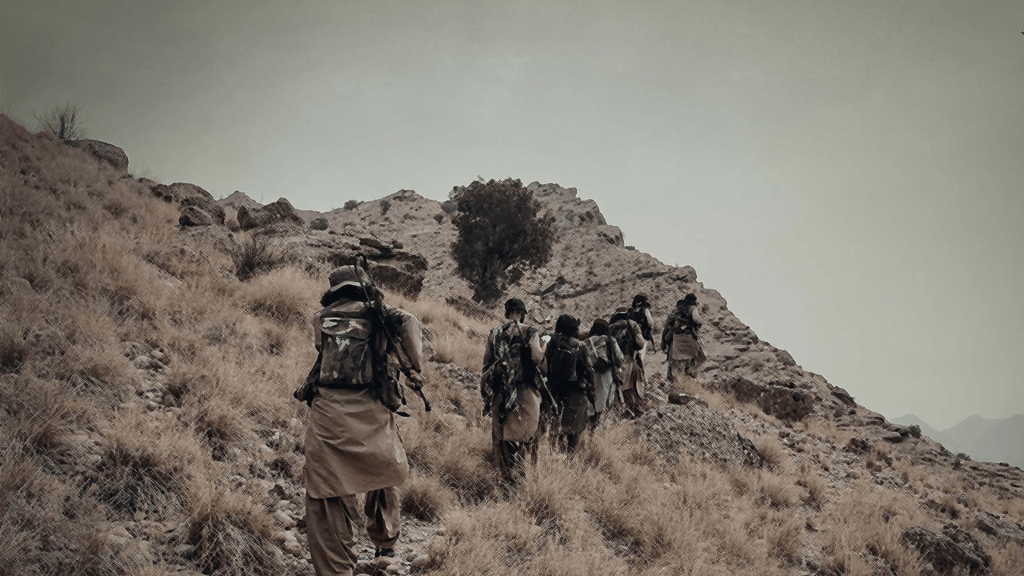Nothing stops the Pakistani army from violating the Baloch people’s rights, not even natural calamities. There have been reports of enforced disappearances in Balochistan on a daily basis despite a call from the United Nations to stop armed activity during the ongoing global pandemic. The army in fact tries to cash in on natural disasters to intensify and legitimise its human rights violations under the cover of providing assistance to reduce their impact.
Activists and human rights groups have rightly claimed that on such occasions the army not only causes disturbance to the already marginalised Baloch nation, but also blocks incoming international aid. It interferes in all relief work, and takes hold of and stocks the available aid to finance its activities against the Baloch rebels.
The army has made it a habit of exploiting natural disasters in Balochistan to further tighten its grip. Neither earthquakes such as the one that devastated parts of the Kech and Awaran districts in 2013, nor this year’s Coronavirus pandemic is seen as a reason to ease its brutality. Nationalist parties have even accused it of furthering its “genocide” of the Baloch nation. They think pilgrims from Iran were deliberately quarantined in Taftan so that virus spreads in Balochistan.
Such accusations may seem over the top to those not fully aware of the army’s dealings with Balochistan, but given the experiences they are not entirely without base. After the earthquake of 2013, the military took control of the government’s aid distribution. Only those considered “patriotic enough” were helped.
In lieu of assessing the damage, army teams started surveillance of the villages they considered sympathetic to the rebels. The hapless victims, who were already suffering enough due to the disaster, were made to answer questions like why they loved the rebels and hated Pakistan.
Even donations from the people of the neighboring districts were taken hold of and shifted to the camps. Volunteers were harassed and ordered to leave or face abduction. Despite a need for medical aid and doctors, the army banned Doctors Without Borders from entering Balochistan. Only those relief organizations were allowed to operate that were linked to religious extremists, such as the internationally designated terrorist group Jamaat Dawah of Hafiz Saeed.
Same is the situation during the current global pandemic. The people have been left on their own, with hospitals not properly equipped to deal with the Coronavirus. Doctors in Quetta protested a couple of days ago asking for better personal safety kits. The State’s answer was to beat them and lock them up. The masks and protective equipment have been given to the army.
On top of this, the secret agencies have increased their crackdown on political and rights activists in the last few months, while people are struggling to cope with the fear of the pandemic. According to the Human Rights Council of Balochistan, 39 activists have been abducted in March alone. Its latest report notes that the enforced disappearance of those opposed to Islamabad’s rule has intensified.
Meanwhile, in a recent incident, a bride in Washuk was reportedly kidnapped from her wedding by an army-backed local gang.
Such is the situation in Balochistan. Natural calamity or not, the violence of the State just never halts. When you hear of such stories even in these troubling times, you wonder if there will ever be an end to the suffering of the Baloch people.
Lateef Johar is a human rights activist based in Canada. He is the Deputy Coordinator, Human Rights Council of Balochistan. He regularly comments on the situation in Balochistan



